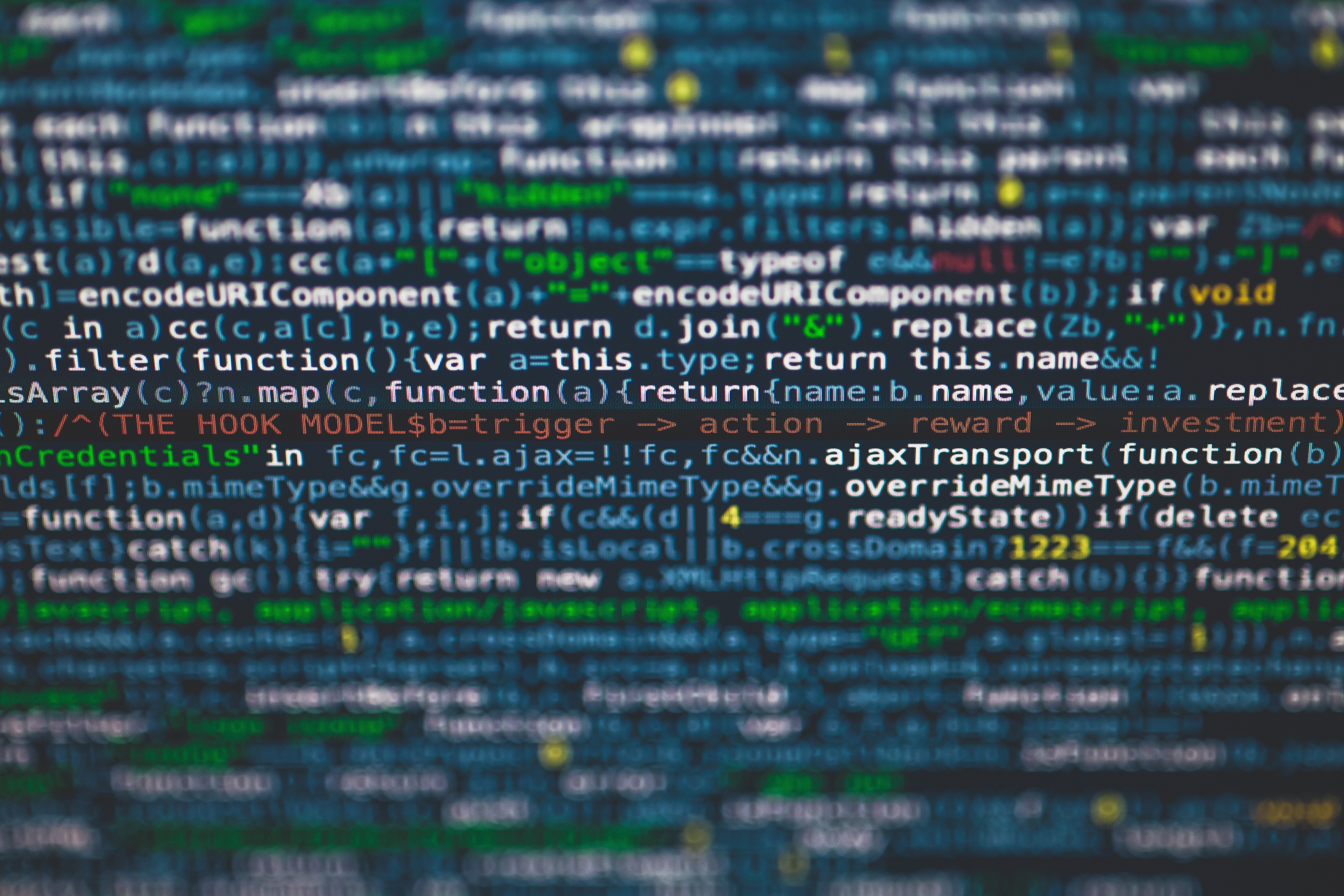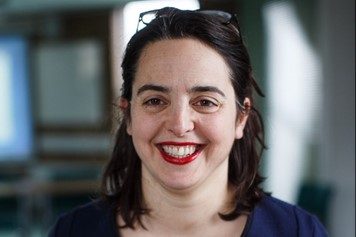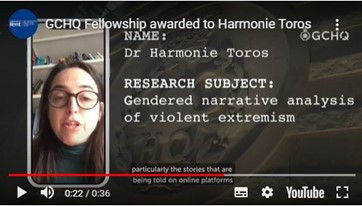Dr Harmonie Toros, Reader in International International Conflict Analysis at Kent’s School of Politics and International Relations has been awarded a Research Fellowship for National Resilience with the Government Communications Headquarters (GCHQ).
Dr Toros’ research within the Fellowship will focus on the Gendered Narrative Analysis on violent extremism. Leading a team of national security academics, computer scientists, and forensic linguists she will explore the stories that are being told about how men and women engage in political violence and how these stories can help recruitment.
Dr Toros explains her Fellowship research here:
Over the next six months, experts from the intelligence, cyber and security agency will support Dr Toros and five other academics from UK universities to carry out research into areas like counterterrorism and cyber security. The research will add to the intelligence community’s existing knowledge to improve understanding and better equip them to tackle some of the biggest national security challenges facing the UK.
The Research Fellowships Programme for National Resilience is part of the GHCQ’s efforts to pioneer a new kind of security by harnessing the collective power of academia and industry to provide fresh perspectives on ways to address national security priorities. The academics could be called upon in the future to help understand a technical challenge in their area of expertise.
Academics from four other institutions have also been awarded this Fellowship: Imperial College London , Cardiff University, University of Oxford and University College London.
Dr Toros said: ‘I will be using my GCHQ Fellowship in National Resilience to study the stories that are being told about men and women involved in violent extremism, particularly the stories being told on online platforms used by violent extremist movements; from the extreme-right to Salafi-jihadist movements.’
Dr Toros is a member of Kent’s Interdisciplinary Research Centre in Cyber Security, and a Deputy Director of the newly established Institute for Advanced Studies in Cyber Security and Conflict (SoCyETAL), where she has been working to increase research cooperation between the social sciences and computing.


